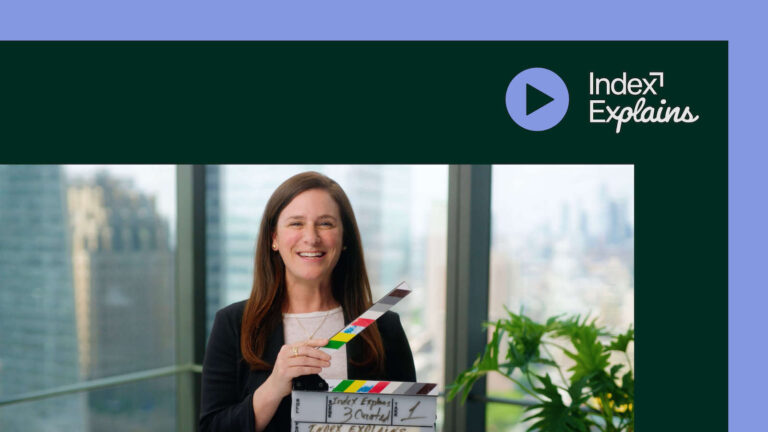Creating a programmatic deal
There are several deal types in streaming TV—programmatic guaranteed, preferred, private auctions, and inventory packages—and each have their benefits. With inventory curation and granular targeting, programmatic deals are a powerful way to improve efficiency and control supply while reaching your audience in premium environments. However, there’s a bit of an art to creating deals that effectively deliver your desired outcomes.
Let’s jump right in and explore the different parameters of deals that you should be aware of.
Available inventory
First things first, let’s talk about available inventory. When it comes to streaming TV, premium and relevant inventory is key. The biggest challenge in streaming is the variety of options available to a buyer, but this also creates incredible opportunities.
With all of the ways consumers can access streaming TV content, there are numerous content distributors and distribution paths that can unlock new opportunities for you to reach your audiences. First and foremost, you can buy from a content owner or broadcaster. You can also buy from device manufacturers, like LG, Samsung, and Vizio, as well as app owners, such as Pluto TV, Philo, FuboTV, and others.
These distributors offer diverse audiences and premium, unique content experiences, allowing you to expand your reach.
Targeting parameters
You’ll also find a wide range of targeting parameters, many of which are specific to streaming and don’t exist in the app or web channels. You can target based on content attributes such as content rating, genre, livestream status, as well as the app bundle. You can also target based on the ad unit, including duration and skippability.
Additionally, you can layer on audience targeting from a variety of first- and third-party data sources. You can also apply these targeting parameters after a programmatic deal is structured, for example, to help optimise your campaign.
All of these options allow you to meet viewers where they’re watching, improve viewing attention by delivering more relevant content, and reach new audiences through live content experiences.
Creating efficient and effective deals
So how do deals come together? As an example, a brand wanting to reach sports fans could structure a deal that curates livestream inventory in the sports genre. A CPG brand might look to target cooking shows across multiple broadcasters and streaming apps, with additional audience data layered on top. Or, an entertainment company promoting a new R-rated movie release may target only drama shows with a TV-MA rating.
It’s important to understand that accurate targeting and inventory curation relies on content signal transparency in the bidstream. Signals like genre, language, network, and show-level data are how media owners can describe the video stream that the viewer is consuming and into which the ad unit will be served.
However, the streaming market is still in the midst of its journey to a state of full transparency, and these signals aren’t always available in the bidstream. Or, if they are, they may come at a premium price. Today, collaborating more closely with the media owners you work with can help you understand what signals are available across different inventory.
Meanwhile, the market will continue evolving toward a point of scaled transparency. As more signals are passed, we can more effectively curate deals and deliver highly targeted ads to the right viewers. Buyers can better understand ad opportunities and where they reach their audiences, and media owners can better monetise their inventory.
Deals offer more granular control over curation and targeting to reach the right audience, in the right location, at the right time. However, you should keep in mind that the more parameters you apply to a deal, the more it may limit your scale and increase CPMs. It’s crucial to carefully weigh your desired audience against the available scale and your budget so you can efficiently and effectively meet your campaign KPIs.
And, while one-to-one deals will remain popular, as they provide control over what and how you buy, there are other opportunities to take full advantage of programmatic, like curated inventory packages, which provide more scale while still ensuring efficiency and quality inventory.
With the premium nature of TV buying, deals will be the primary programmatic transaction method for some time. Understanding the nuances of making a programmatic deal will help you leverage the available inventory and targeting capabilities to unlock tremendous opportunities for your streaming TV campaigns.
Learn more about the streaming TV opportunity.









